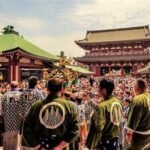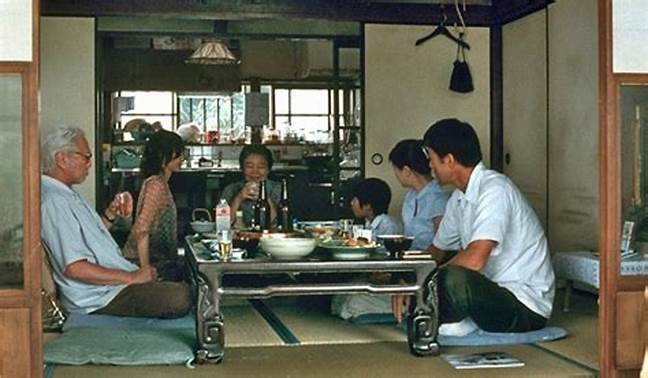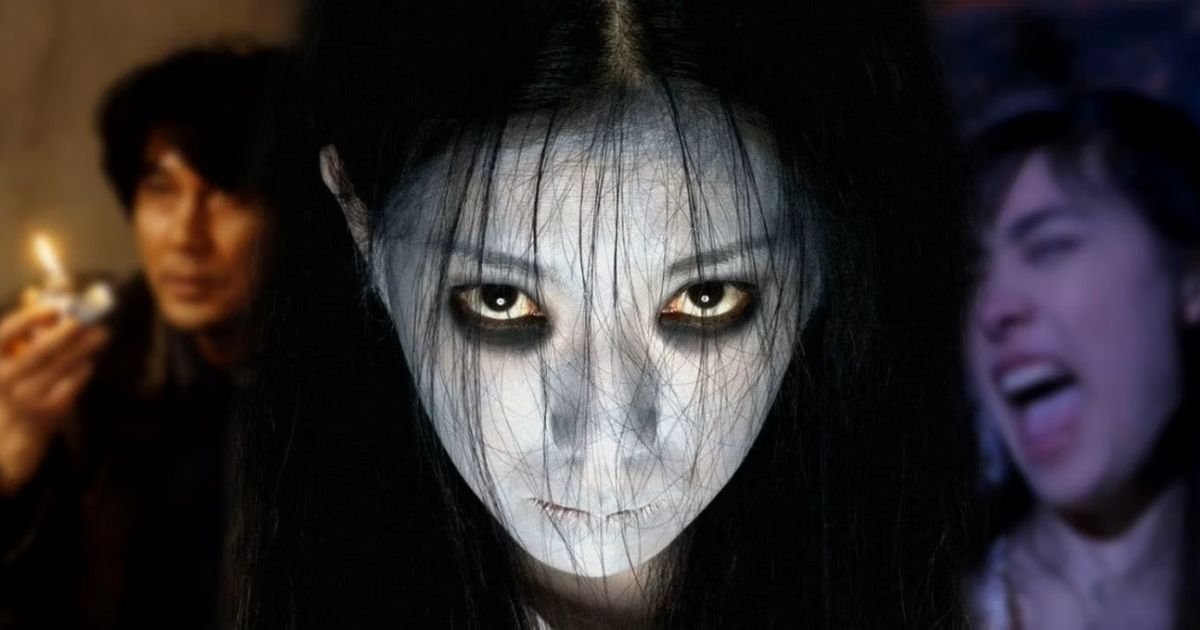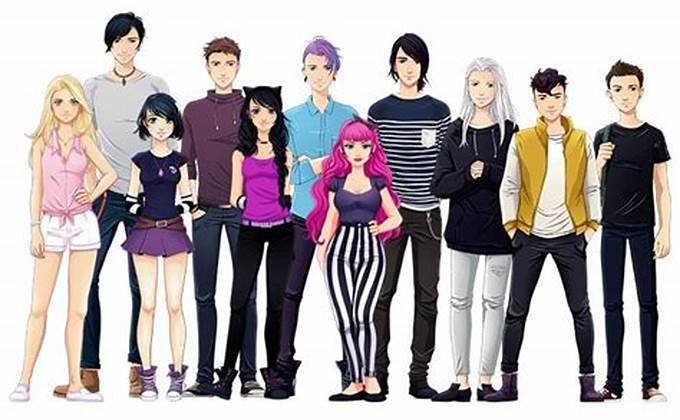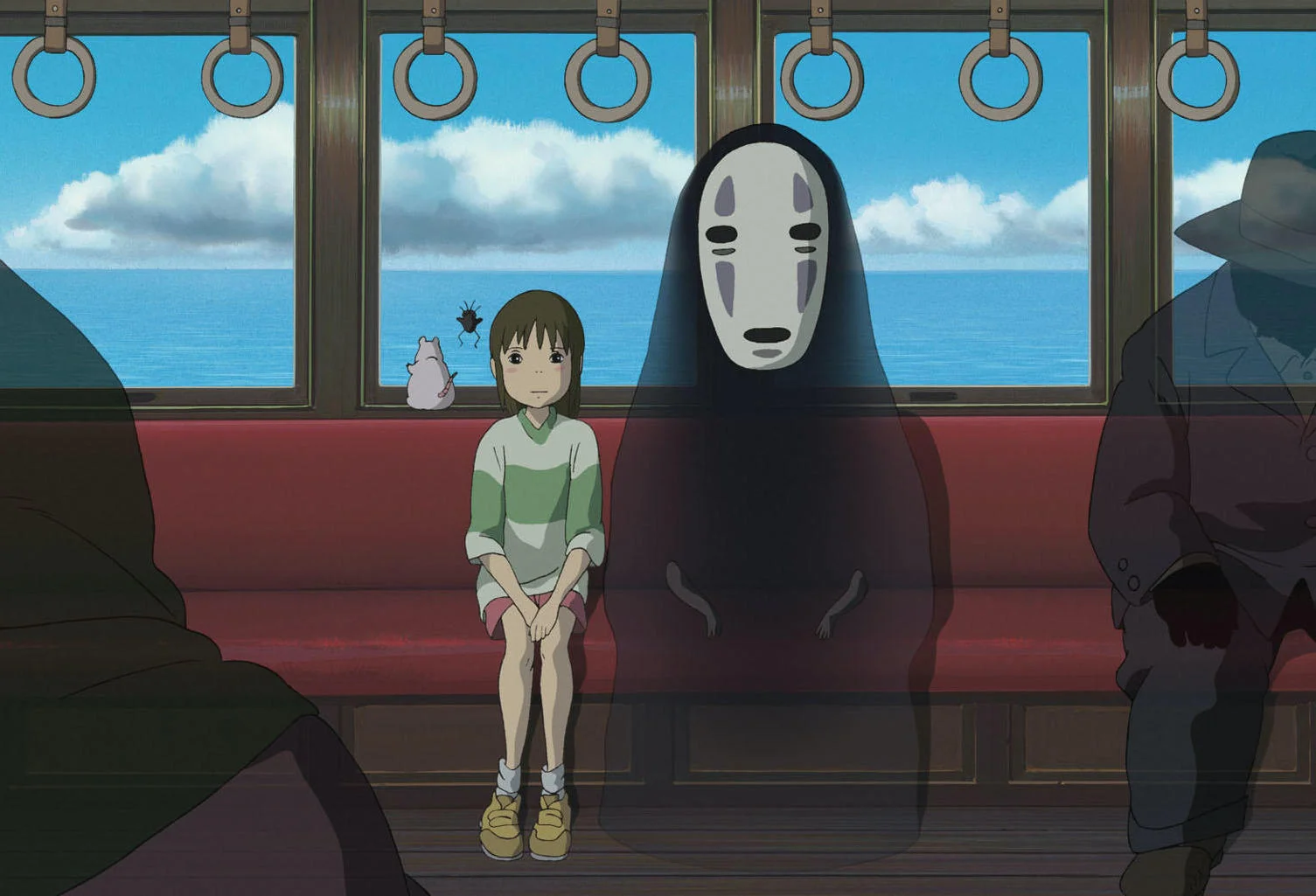Japanese cinema boasts several iconic directors who have left a lasting impact on film. These filmmakers have created timeless works that continue to inspire audiences worldwide. Let’s explore the legacies of Akira Kurosawa, Yasujiro Ozu, Hayao Miyazaki, and other influential directors.
1. Akira Kurosawa
Firstly, Akira Kurosawa is one of the most influential directors in Japanese cinema. His films often feature powerful storytelling and innovative techniques. For instance, “Seven Samurai” (1954) remains a masterpiece of epic cinema. It tells the story of a group of samurai defending a village from bandits. Moreover, “Rashomon” (1950) introduced a new narrative style that explores multiple perspectives on a single event. Consequently, Kurosawa’s work influenced many Western filmmakers and remains relevant today.
2. Yasujiro Ozu
In contrast, Yasujiro Ozu is renowned for his quiet, contemplative films that focus on family life and social change. His signature style includes low camera angles and minimal movement. Notably, “Tokyo Story” (1953) is one of his most celebrated films. It examines the generational gap between parents and their adult children. Ozu’s work captures the essence of Japanese family life with profound simplicity and emotional depth. Thus, his films offer a window into Japanese society and its evolving values.
3. Hayao Miyazaki
Turning to animation, Hayao Miyazaki is a celebrated animator and director known for his enchanting and imaginative films. As a co-founder of Studio Ghibli, Miyazaki’s work has captivated audiences of all ages. For example, “Spirited Away” (2001) won the Academy Award for Best Animated Feature and remains a beloved classic. The film follows a young girl’s journey through a magical world. Additionally, “My Neighbor Totoro” (1988) is a heartwarming story about two sisters and their adventures with forest spirits. Miyazaki’s films often explore themes of nature, adventure, and personal growth.
4. Kenji Mizoguchi
Furthermore, Kenji Mizoguchi is known for his meticulous craftsmanship and focus on women’s issues. His films often address themes of social injustice and human suffering. For instance, “Ugetsu” (1953) is a haunting tale of ambition and its consequences set during Japan’s civil war. Mizoguchi’s work is marked by long takes and detailed period settings. Thus, his films offer a critical view of societal norms and the struggles faced by women in historical contexts.
5. Masaki Kobayashi
In addition, Masaki Kobayashi is renowned for his powerful and often controversial films. His work frequently tackles themes of war, politics, and personal morality. Notably, “Harakiri” (1962) is a stark critique of the samurai code, highlighting the brutal realities of honor and sacrifice. Kobayashi’s films are known for their intense narratives and complex characters. Therefore, they challenge viewers to reflect on the moral dilemmas faced by individuals in a changing society.
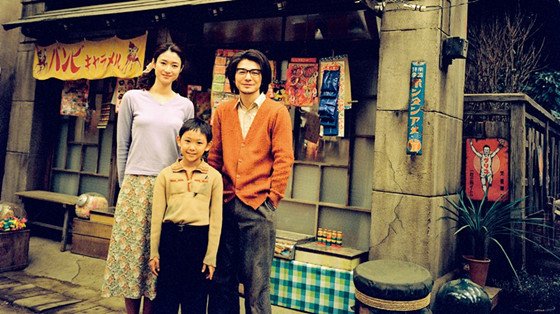
6. Nagisa Oshima
Lastly, Nagisa Oshima made significant contributions to Japanese cinema with his provocative and innovative films. For example, “In the Realm of the Senses” (1976) pushed boundaries with its bold exploration of desire and social constraints. Additionally, “Merry Christmas, Mr. Lawrence” (1983) features a powerful story set in a Japanese prison camp during World War II. Oshima’s work is characterized by its daring themes and experimental approach to filmmaking.
Conclusion
In conclusion, these iconic Japanese directors have shaped cinema with their unique styles and storytelling techniques. From Akira Kurosawa’s epic narratives to Hayao Miyazaki’s imaginative worlds, their films offer valuable insights into Japanese culture and cinema. By exploring their work, audiences can appreciate the rich diversity and depth of Japanese filmmaking. Each director has left an indelible mark on the world of film, making their contributions timeless and influential.





